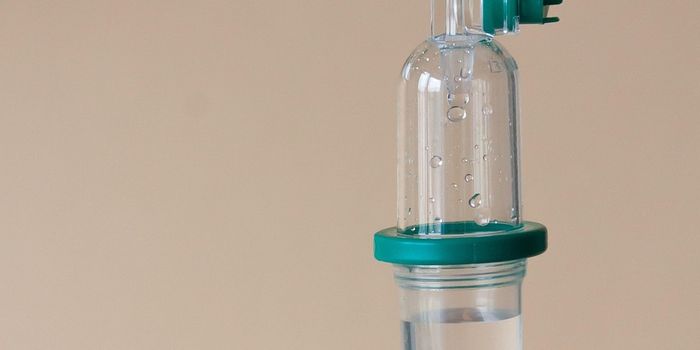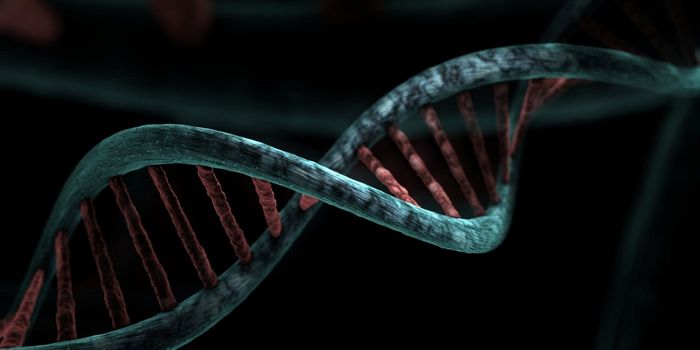New Stem Cell Method Aims to Help Newborns with Brain Damage
If infants are deprived of oxygen during delivery, they can experience brain damage that may have serious, lasting consequences. But a new stem cell treatment could prevent those neurological problems. Reporting in the journal Stroke, scientists conducted a small study of intranasal stem cell therapy in ten patients, in which stem cells were administered through the nose. The trial significantly improved the development of most of the ten children, who began to walk earlier than ten other children who had also experienced brain damage but did not receive the treatment. None of the trial participants developed problems that are seen in untreated children, such as epilepsy or vision difficulties.
Recent advancements in regenerative medicine are not just confined to research labs—several global health destinations are making these treatments more accessible. For example, specialized clinics now offer innovative options like stem cell therapy in Bangkok, where patients seek cutting-edge care combined with international medical expertise.
This study, called PASSIoN, was intended to determine whether this approach is safe, and a study is now planned to learn more about how effective the treatment is.
The investigators enrolled ten babies who had experienced a brain injury during birth known as a perinatal stroke. This injury can cause cerebral palsy and other long-term neurological problems. Using nasal drops, the researchers gave the infants one dose of mesenchymal stem cells.
Two years after being treated, there were no adverse effects observed in any of the children, and most of them developed normally. They also lost less brain tissue than untreated children. One child experienced mild cognitive delay, two had delays in language development, and one had significant sleep problems. Two developed cerebral palsy that was mild.
There was disruption in motor pathways in the brains of all of the volunteers at the start of the study, which can increase the risk of cerebral palsy by 80%, so the risk seems to have been lowered significantly by the treatment. There was no epilepsy nor vision problems in the volunteers.
“Seeing such positive development in a high-risk group like this is truly extraordinary,” said pediatrician Manon Benders, a professor at UMC Utrecht. “It gives not only the parents but also us as a medical team real hope.”
The upcoming trial will enroll 162 newborns who will receive the intranasal therapy within seven days of birth. Their development will be monitored for 2 years. If the therapy is effective, it could advance brain injury treatment in newborns significantly, and change the lives of many.
“The coming years will be very exciting, but we are confident that this study will mark an important step forward for children with brain injury,” noted Manon.
Sources: Utrecht University, Stroke









